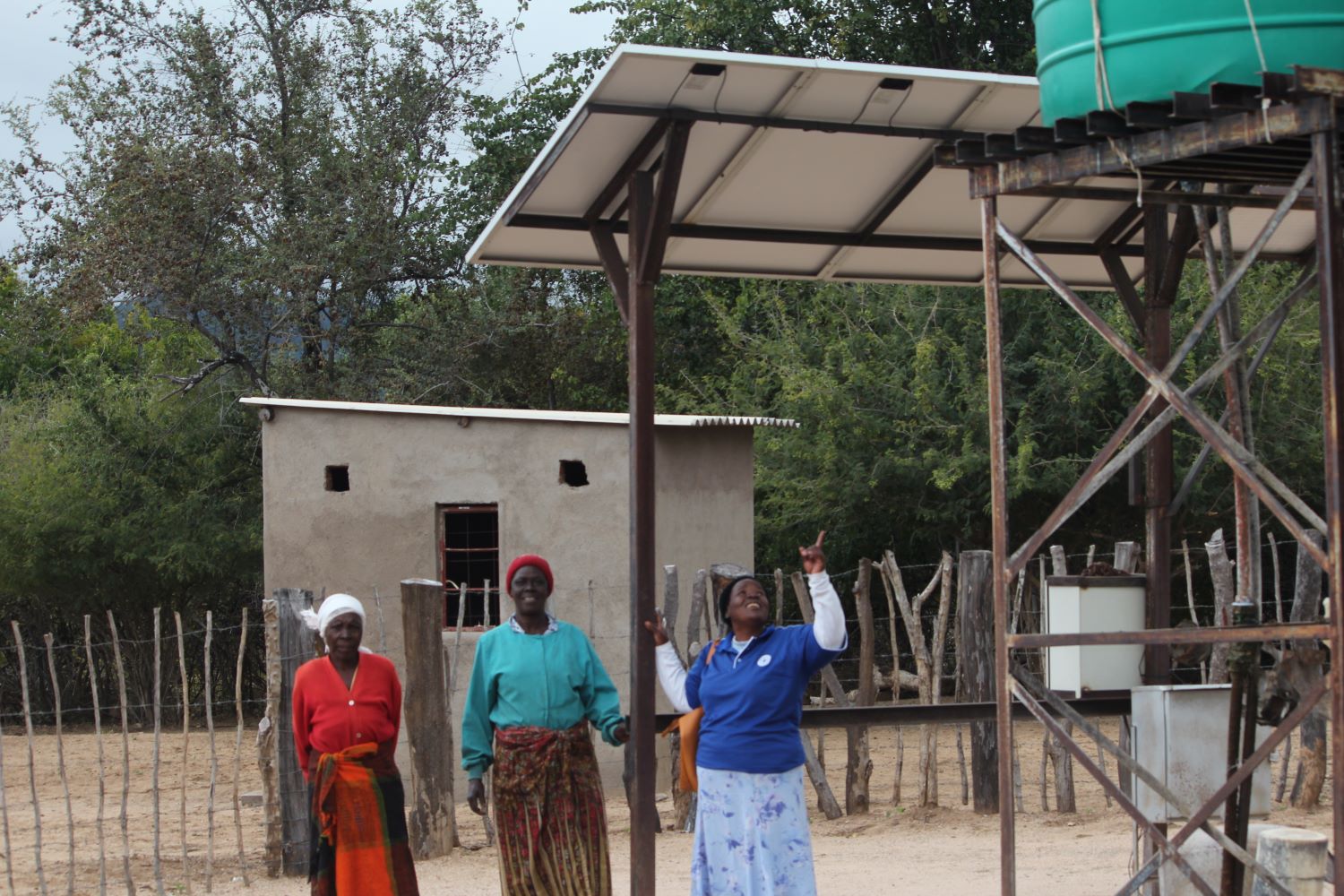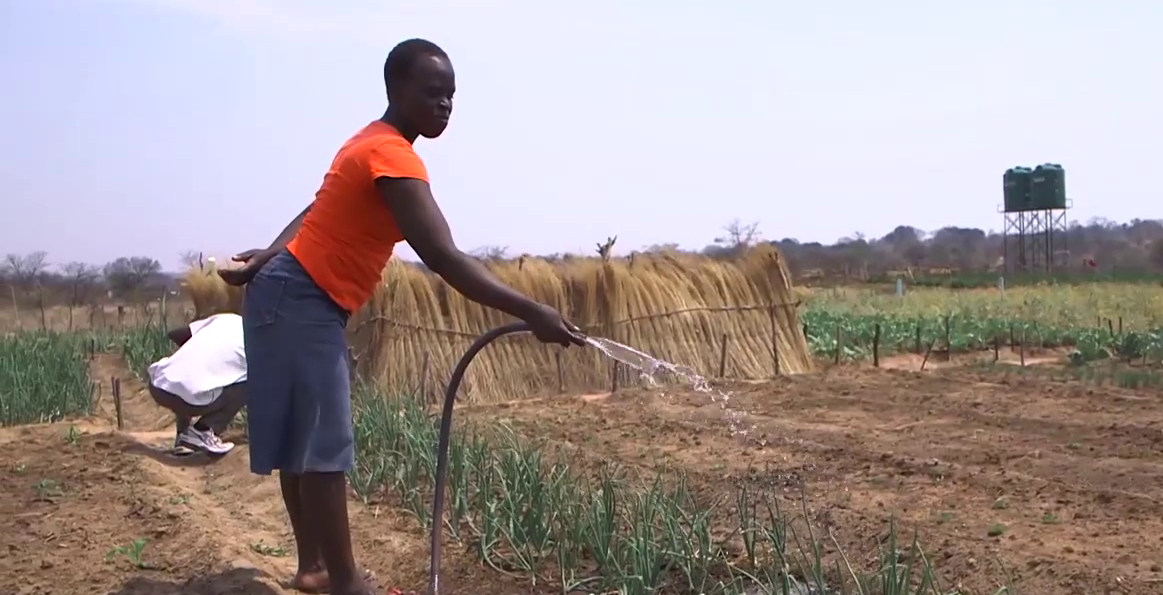Project Summary
The Water Infrastructures Development Programme (WIDP) was initiated in 2011 and pinned its focus on a cluster of outcomes which sought to support communities’ ability to access portable water and practice hygienic standards as well as moving towards appreciation and application of natural resource management principles, including the adoption of the notion of climate change resilience.
The major activities that were implemented in this project included the establishment of different water infrastructures such as boreholes, deep wells, household, and community rainwater harvesting tanks and weirs.
It also included the revival and training of water committees to ensure the sustainability of water infrastructure.
Moreover, the project swiped at the implementation of Community Based Management (CBM) principles which influenced community-led solutions to sanitation issues.
Activities that were done, including the gains and the impacts that were seen after the project.
The inception stages of the project saw a combined effort from district, ward and village level leadership towards water and sanitation issues.
Key activities that were done during the initial stages of the project included formation of water and sanitation committees, compilation of water and sanitation inventories, pre-siting of water points as well as hands-on training on how to build ferro-cement tanks and other rainwater harvesting vessels and land designs.
During those early stages, a lot of emphasis was put on the software activities. This raised some concern among our stakeholders who raised concerns that the project was falling short by not delivering hardware components to the community.
The matter was resolved, and focus was shifted from training to hardware delivery.
Fambidzanai, through support from HEKS-EPER, facilitated the drilling of four boreholes in Matobo.
20 ferro-cement rainwater harvesting tanks were built for 20 households. 5 deep wells were dug.
The delivery of hardware water infrastructure to the communities lessened water challenges and increased villagers’ access to water.
Increased access to water contributed so much to agricultural productivity because it meant farmers would carry out agricultural activities all year round.
Increased community awareness on the climate crisis.
During the early stages of the project, most of the smallholder farmers in the targeted areas had little or no understanding of what climate change really meant.
Through several training sessions that were conducted by FPC, farmers’ representatives and leaders, especially those at community level played a very pivotal role in sensitizing and raising awareness (on climate change) amongst other fellow smallholder farmers, particularly those who aspired to start practising organic farming.
Community farmer leaders have been key in promoting conservation agriculture, beekeeping, agroforestry, and other climate sensitive agriculture initiatives and managed to restore several degraded landscapes.
Improved adaptation options to drought across sectors and levels of society
Farmers have had to cope with very low rainfall levels for 3 consecutive seasons and this has been a wakeup call that alerted them that there was a real need to mend their agricultural practices and start building climate resilient food systems.
The provision of water harvesting tanks has set the tone for the project as they have been received with enthusiasm and relief by the people of our concern, resulting in strengthened community resilience and improved adaptative capacities.
Communities now have a renewed understanding of climate variability and they have engaged adaptation mode in their activities, especially around agriculture.
These activities include Permaculture actions and conservation farming which have resulted in farmers realizing good harvests from their fields.
Key to note is the increased acceptance being displayed by the local and traditional leaders in accepting that traditional livelihoods should be encouraged.



